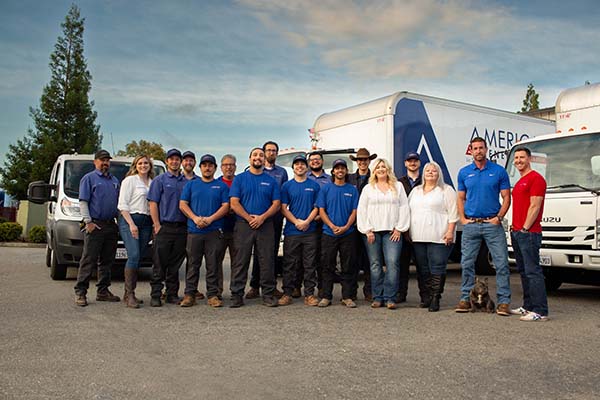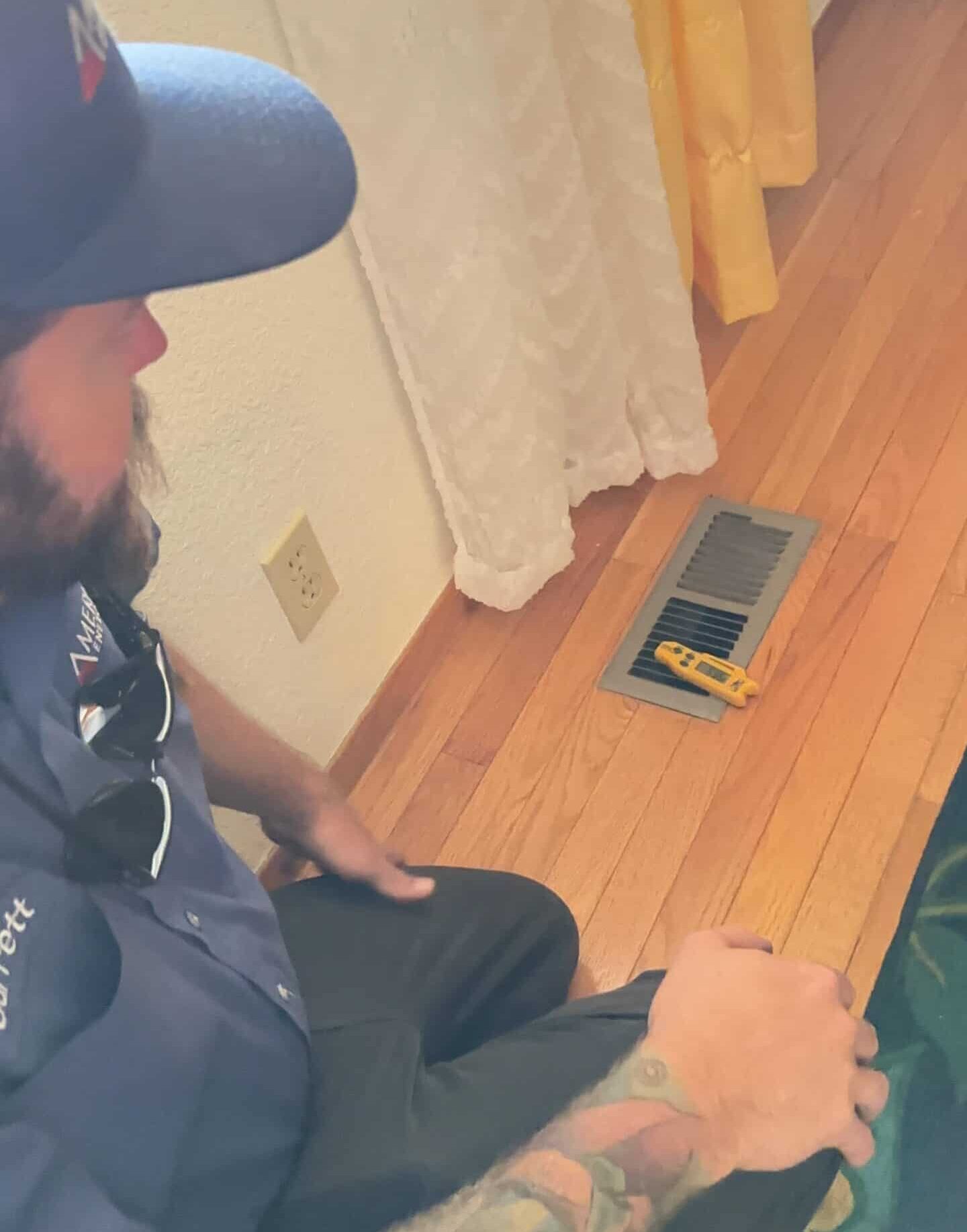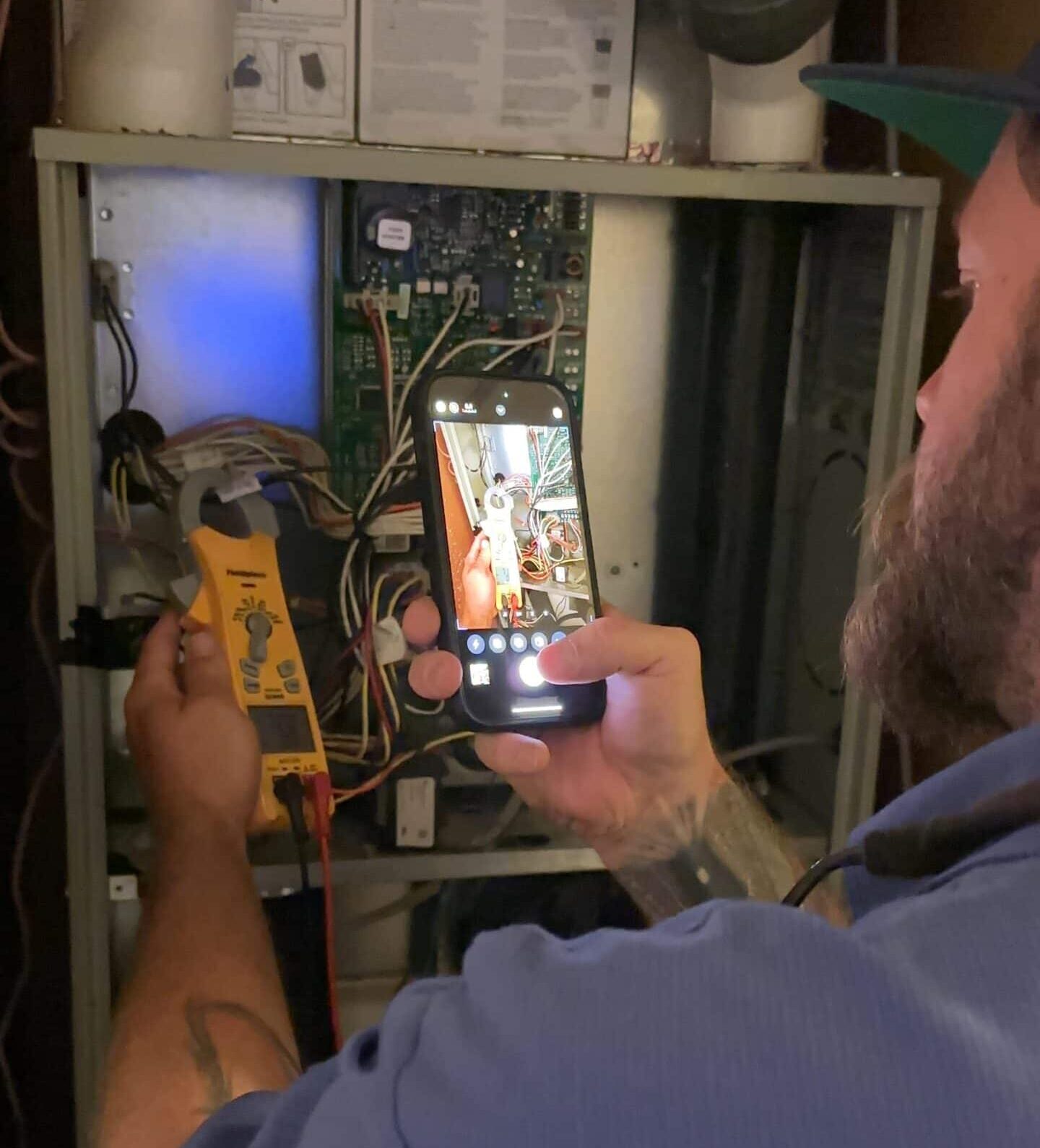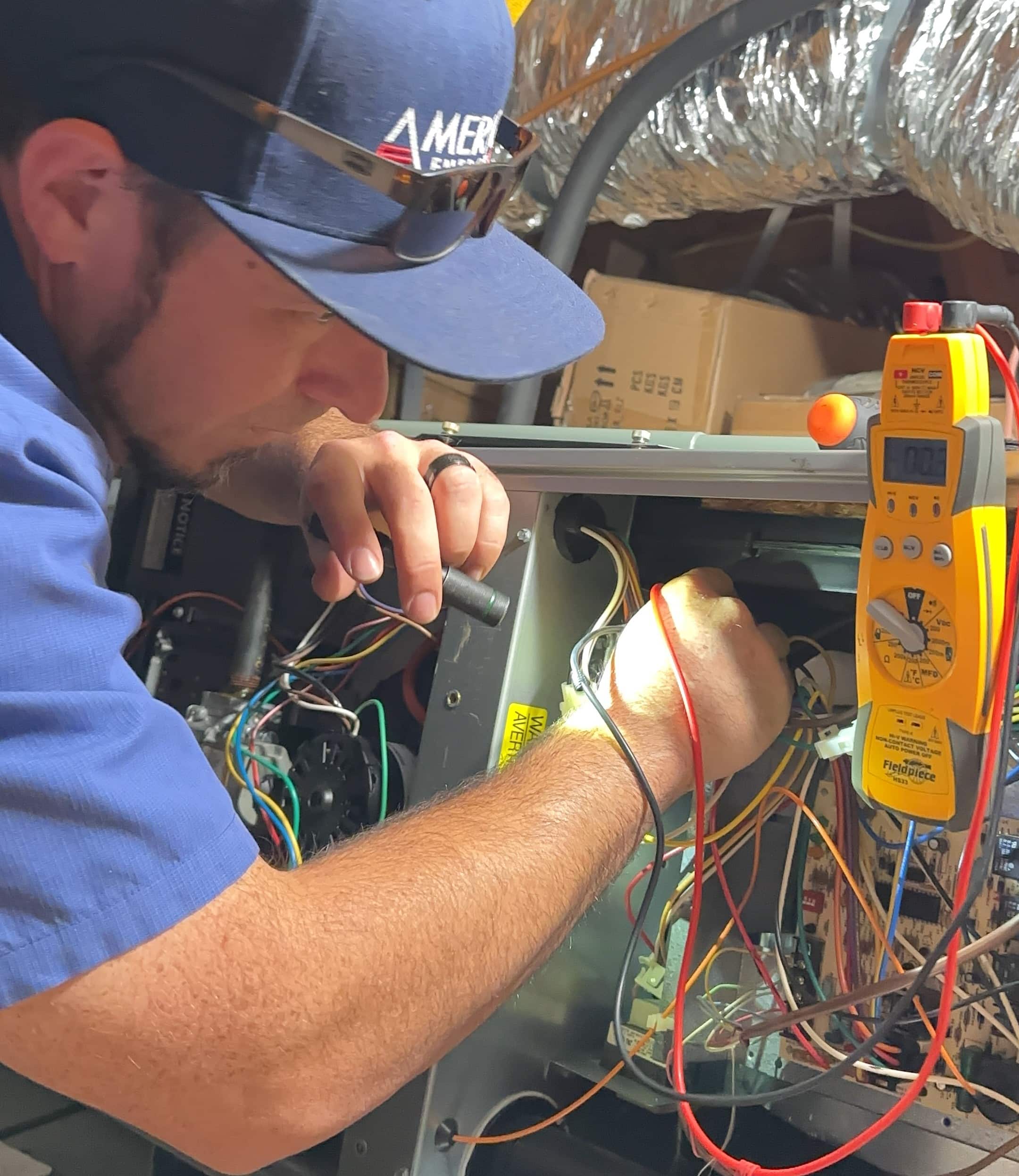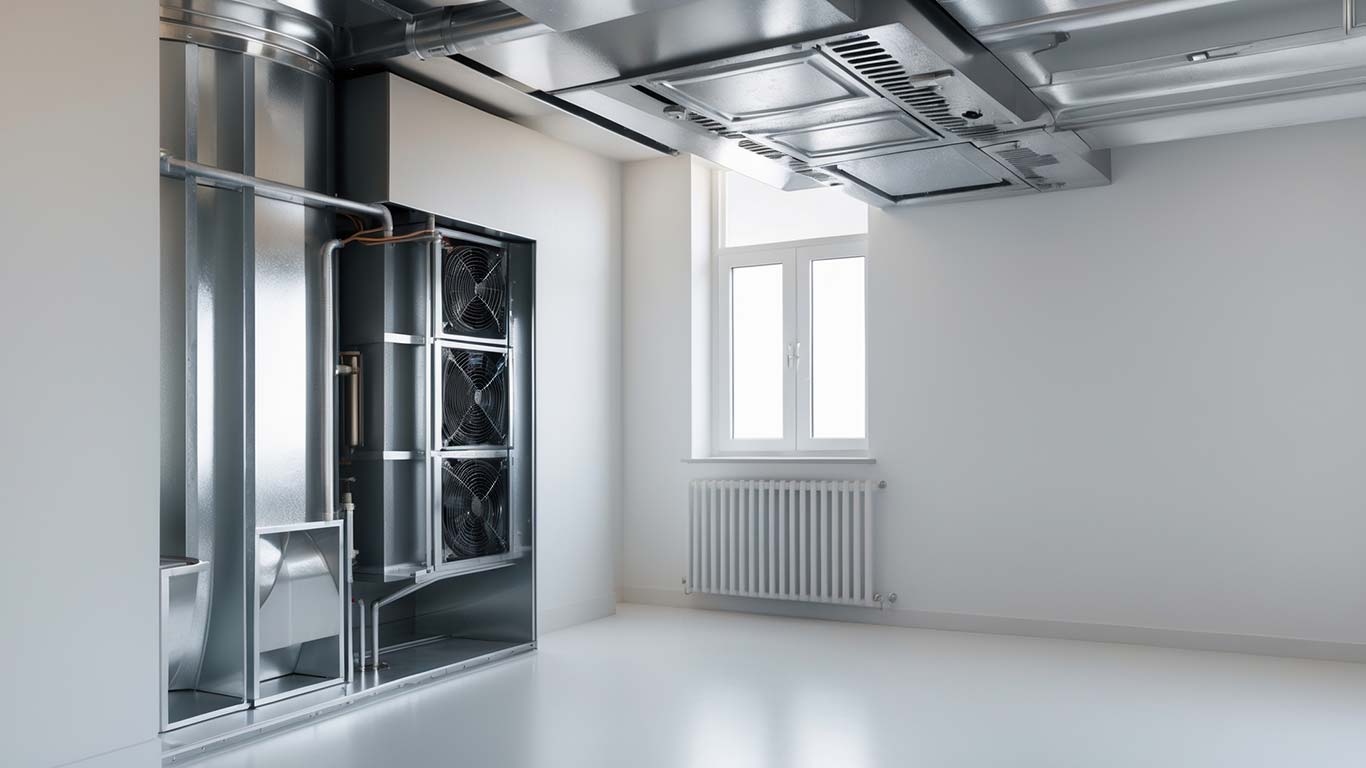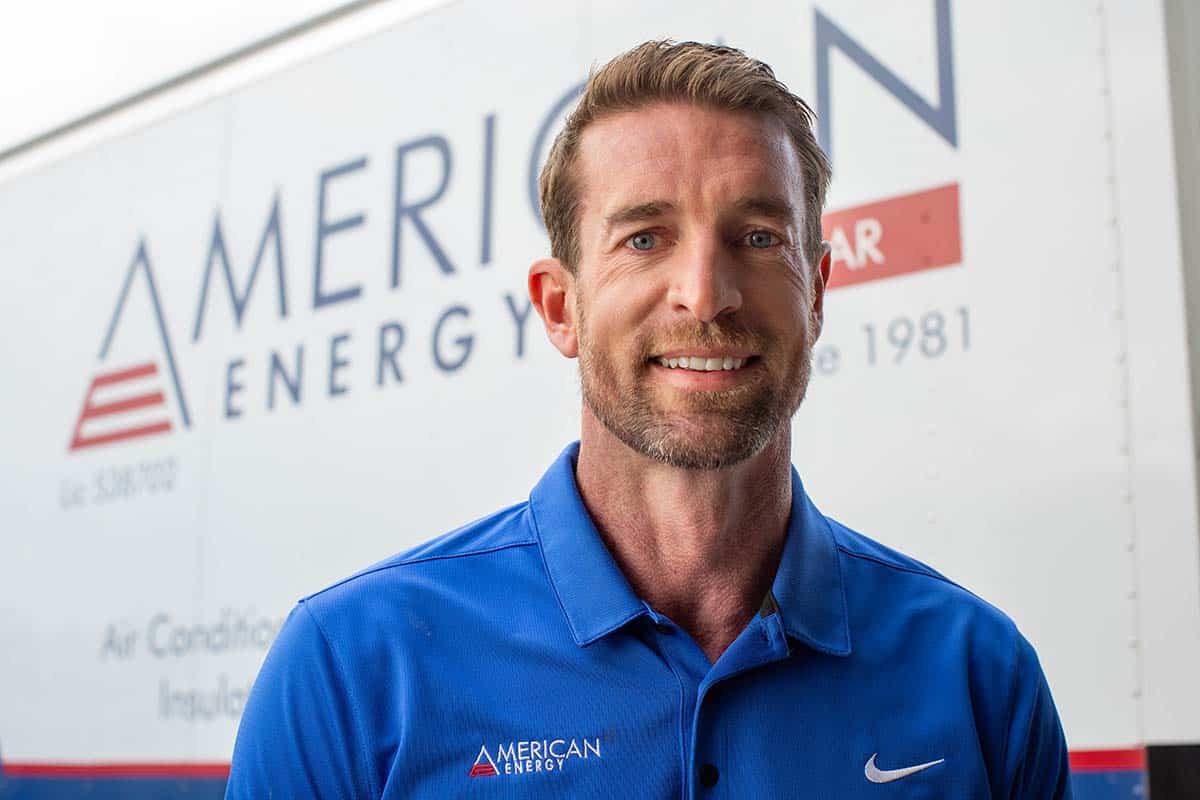8 Signs You Need to Hire Emergency HVAC Repair Services
Are you wondering if you’re dealing with an HVAC emergency? Read here for eight signs that you need to hire emergency HVAC repair services for your home.

Emergency HVAC Repair Services
If you’re like most of us, you’ve likely been feeling the effects of high inflation. Research suggests that while many of us save money every month, we’d also struggle to cover a $1,000 emergency expense without a loan or credit card.
That’s why it’s easy to think, after noticing an issue with your HVAC system, that you don’t really need to call for service. Can’t you just put it off?
Not so fast! Certain red flags should always prompt you to call for emergency HVAC repair. Delaying maintenance now can lead to wear and tear as well as even higher bills down the line.
If you’re not sure when it’s crucial to contact a pro, here’s when to make the call.
1. Strange Sounds
Your HVAC system likely makes quiet sounds during its normal operation. This is especially common as the system cycles on, and these sounds are often nothing to worry about.
However, if you start noticing noises that fall outside your HVAC’s usual pattern, it should always be a red flag. Gurgling or bubbling sounds from the drain lines or refrigerant lines, buzzing from any electrical components, and banging noises from anywhere in the unit may be signs of serious HVAC problems.
2. Strange Smells
The air that comes from your HVAC system should be odorless. If you start to notice unusual smells, it’s often a sign of trouble.
One common smell homeowners complain about is a musty smell. This can be a sign that mold has grown in your HVAC filter, ductwork, or elsewhere in your system. This isn’t an immediate emergency, but you’ll want to have someone check it out fast: the airflow from your HVAC will only move mold spores throughout your home, allowing even more mold growth.
However, there’s one smell that may spell disaster. If you ever notice a burning scent, turn your HVAC system off right away and hire a trusted technician. This may be a sign of an electrical problem that could cause a fire if left unaddressed.
3. Weak Airflow
If you’re getting the air you need only in small increments, your HVAC system may be malfunctioning.
The most common culprit behind weak airflow is a clogged air filter. Make sure you’ve changed yours, as you should be swapping them out at least once every 30-90 days, depending on your household makeup.
If you’ve made the swap and your airflow is still trickling through your vents, call for HVAC services. This issue may seem like a minor one, but poor airflow can sometimes stem from motor problems. Leaving your motor to struggle can lead to costly repairs down the line!
4. No Air
This one’s obvious, so we’ll keep it short: if you can’t get any air from your HVAC system, no matter how you set your thermostat, it’s always a red flag.
The issue may lie with the thermostat, faulty wiring, or a mechanical failure elsewhere within the system. Whatever the culprit, a lack of air can become a health risk, especially when it happens during the depths of winter or Sacramento’s summer heat waves.
5. Leakage
As your HVAC system pulls warm air into or out of your home, it generates a lot of condensation. Various drain lines and pans help keep this moisture from dripping everywhere, but there are a few major issues that can leave your unit unable to deal with its excess fluid.
From frozen coils to a clogged drain line, bad leaks can spell disaster for your belongings and the HVAC system itself. Left unchecked, it even allows mold growth throughout your unit and home. Even worse are refrigerant leaks, as Freon and similar substances can be major health hazards.
Your local HVAC contractor can help you find and address the root cause of your leak, allowing you to prevent further damage.
6. Tripped Breakers
The chances are good that your HVAC system draws more electrical power than any other appliance in your home. However, that doesn’t mean you should need to head to your breaker box every time you’re using it!
If your HVAC system trips a breaker with each operation, you’re looking at serious electrical issues. Not only can this affect your utility bills and your system’s operation, but it can also be a threat to your safety. If something in the wiring starts to overheat and burn, you might be putting your home at risk of an electrical fire.
7. Frequent Cycling or Short Cycling
During the warmest and coldest days of the year, your HVAC system will likely run more often to keep up with your household’s needs.
However, this doesn’t mean the system should be in constant operation. If your HVAC system never seems to turn off, it might be struggling to heat or cool your home as needed.
The same is true if your unit begins short cycling, or running without completing a full cycle. This makes it more difficult to cool your home, and it can contribute to major system wear and tear.
8. Ice
Your HVAC system should always run cold during the summer, but ice is never a good sign!
Ice can form in various places throughout your HVAC system, including within the unit itself. This can happen for several reasons, including a clogged air filter or a dirty evaporator coil.
However, mechanical failures in the wiring, valves, or refrigerant lines can also cause the system to ice over, and these issues can become damaging quickly. Make sure to have a residential HVAC company diagnose the problem right away to prevent high future repair bills.
Get Emergency HVAC Repair Fast
Here’s the bottom line: never ignore any of the common HVAC emergencies above! Delaying service can set you up for bigger problems down the line, and allowing your system to struggle may even increase the damage enough to require a full replacement.
Instead, contact a local service you can trust. At American Energy Home Pros, we’re proud to be a top provider of 24/7 emergency HVAC repair for customers throughout the Sacramento area. To get the help you need, day or night, contact us now.

